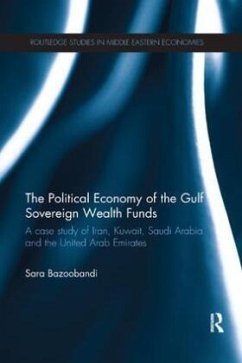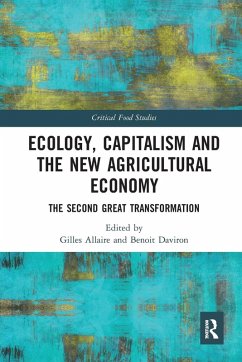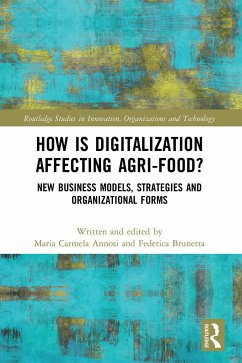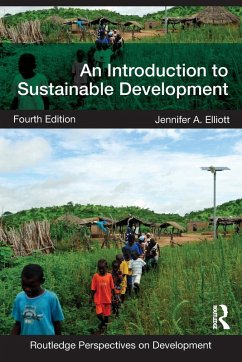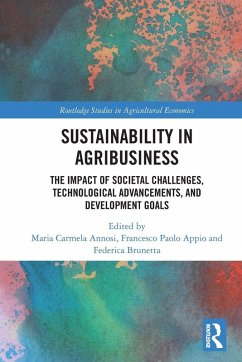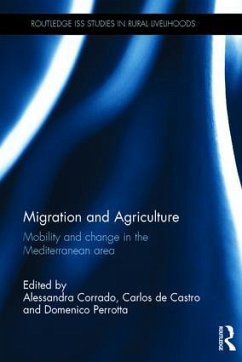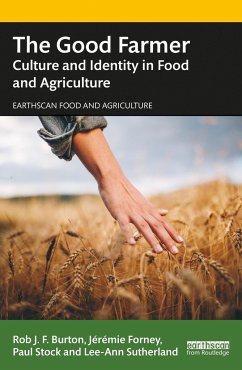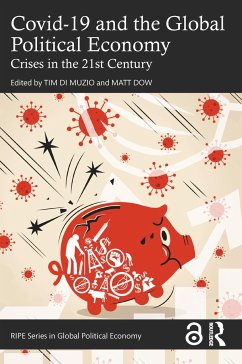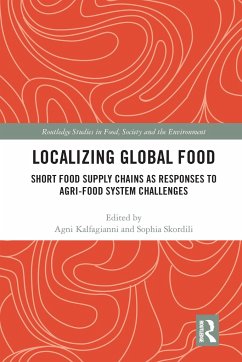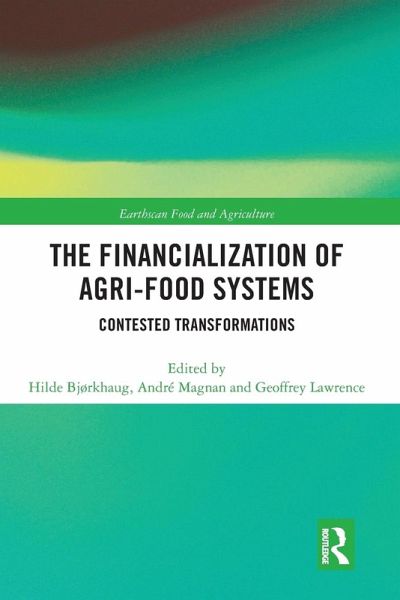
The Financialization of Agri-Food Systems
Contested Transformations
Herausgegeben: Bjorkhaug, Hilde; Magnan, André; Lawrence, Geoffrey
Versandkostenfrei!
Versandfertig in 6-10 Tagen
45,99 €
inkl. MwSt.

PAYBACK Punkte
23 °P sammeln!
Financialization is the increased influence of financial actors and logics on social and economic life, and is one of the key drivers transforming food systems and rural economies around the world. The premise of this book is that the actions of financial actors, and their financial logics, are transforming agri-food systems in profound ways. It is shown that although financialization is a powerful dynamic, some recent developments suggest that the rollout of financialization is contradictory and uneven in different spaces and markets. The book examines cases in which state regulation or re-re...
Financialization is the increased influence of financial actors and logics on social and economic life, and is one of the key drivers transforming food systems and rural economies around the world. The premise of this book is that the actions of financial actors, and their financial logics, are transforming agri-food systems in profound ways. It is shown that although financialization is a powerful dynamic, some recent developments suggest that the rollout of financialization is contradictory and uneven in different spaces and markets. The book examines cases in which state regulation or re-regulation and social movement resistance are setting roadblocks or speed bumps in the path of financialization, resulting in a 'cooling off' of investment, as well as the other side of the argument where there is evidence of a 'heating up'. The authors address not only the limits to financialization, but also the mechanisms through which financial entities are able to penetrate and re-shape agri-food industries.
This book provides both a comparative analysis of financialization blending, and empirical findings with conceptual insights. It explores the connection between financialization, food systems, and rural transformation by critically examining: the concept of financialization and how food and farming are being financialized; the impacts of financialization in the food industry; and financialization in farming and forestry - along with the impacts this has on rural people and communities. This is a timely book, bringing together concrete case studies, from around the globe, to reveal the operations and impacts of finance capital in the 'space' of agri-food.
This book provides both a comparative analysis of financialization blending, and empirical findings with conceptual insights. It explores the connection between financialization, food systems, and rural transformation by critically examining: the concept of financialization and how food and farming are being financialized; the impacts of financialization in the food industry; and financialization in farming and forestry - along with the impacts this has on rural people and communities. This is a timely book, bringing together concrete case studies, from around the globe, to reveal the operations and impacts of finance capital in the 'space' of agri-food.





